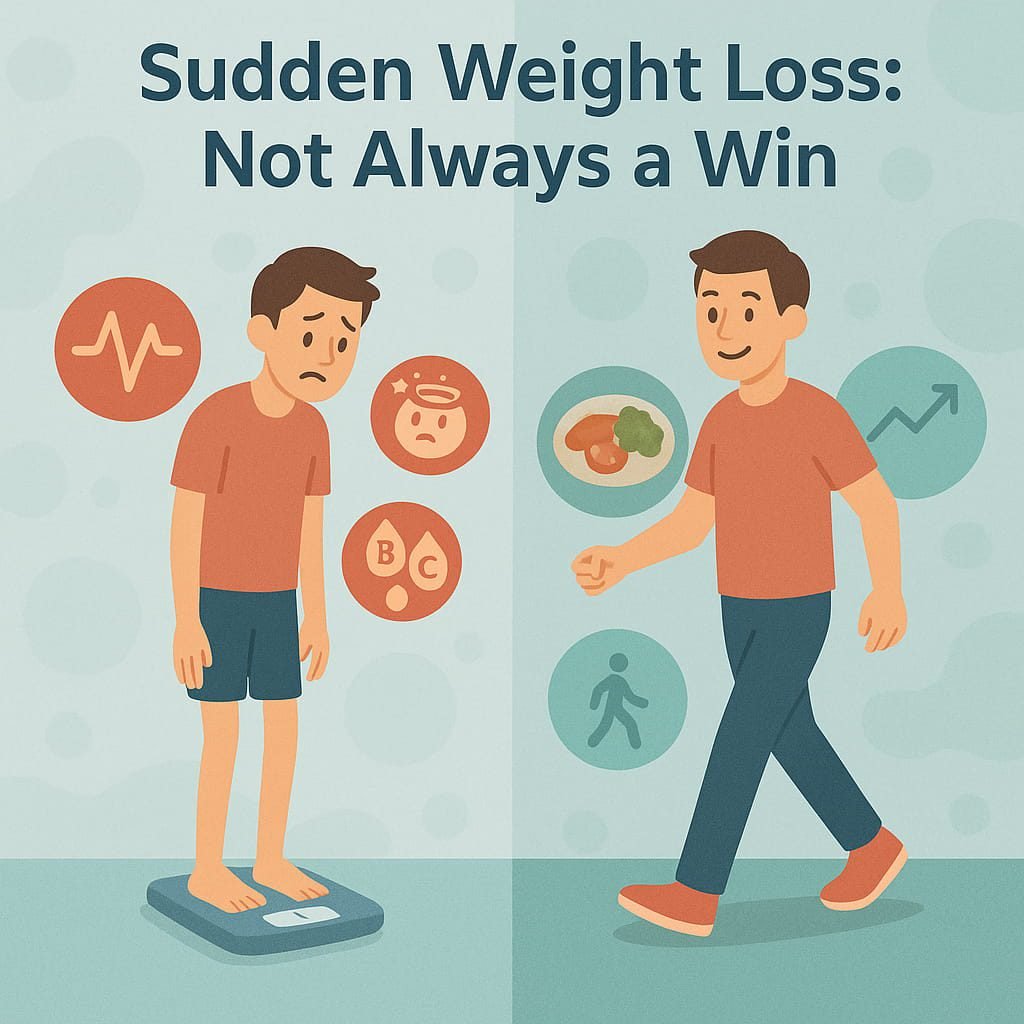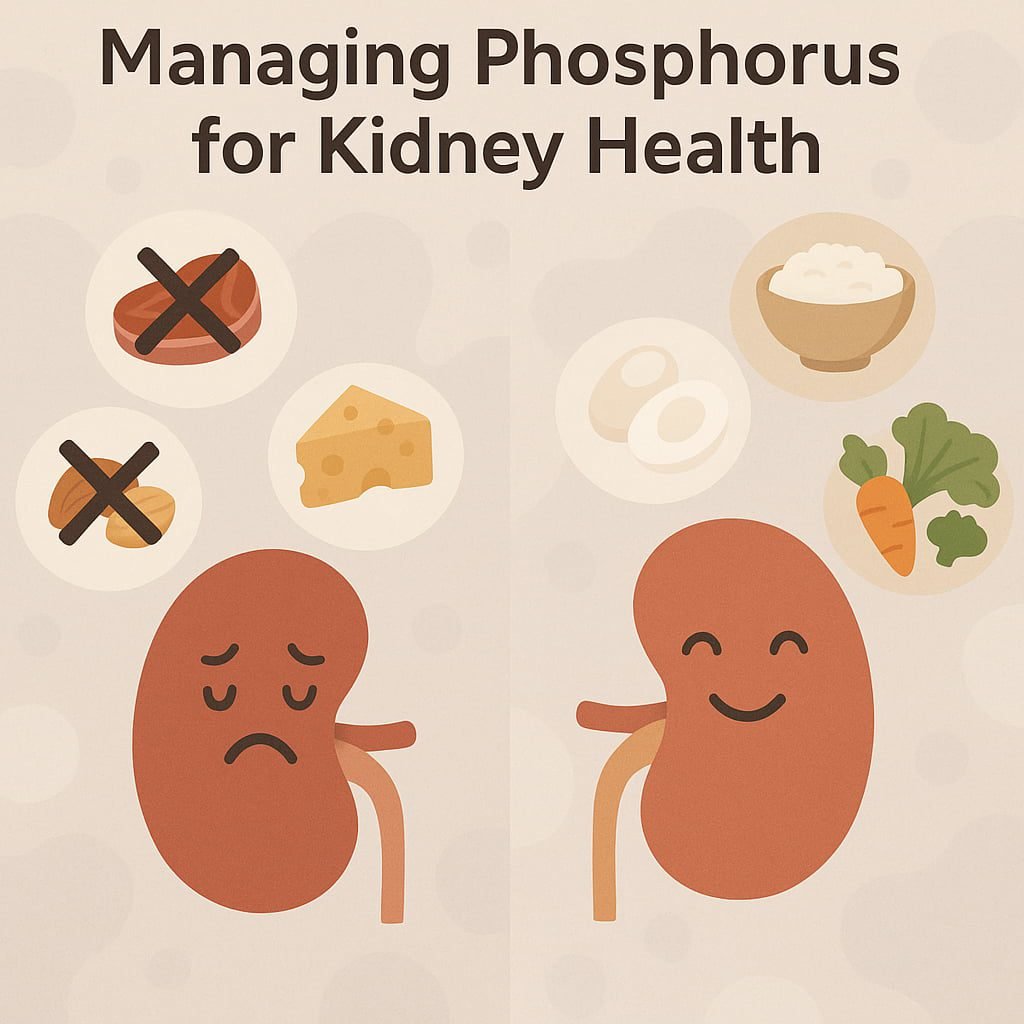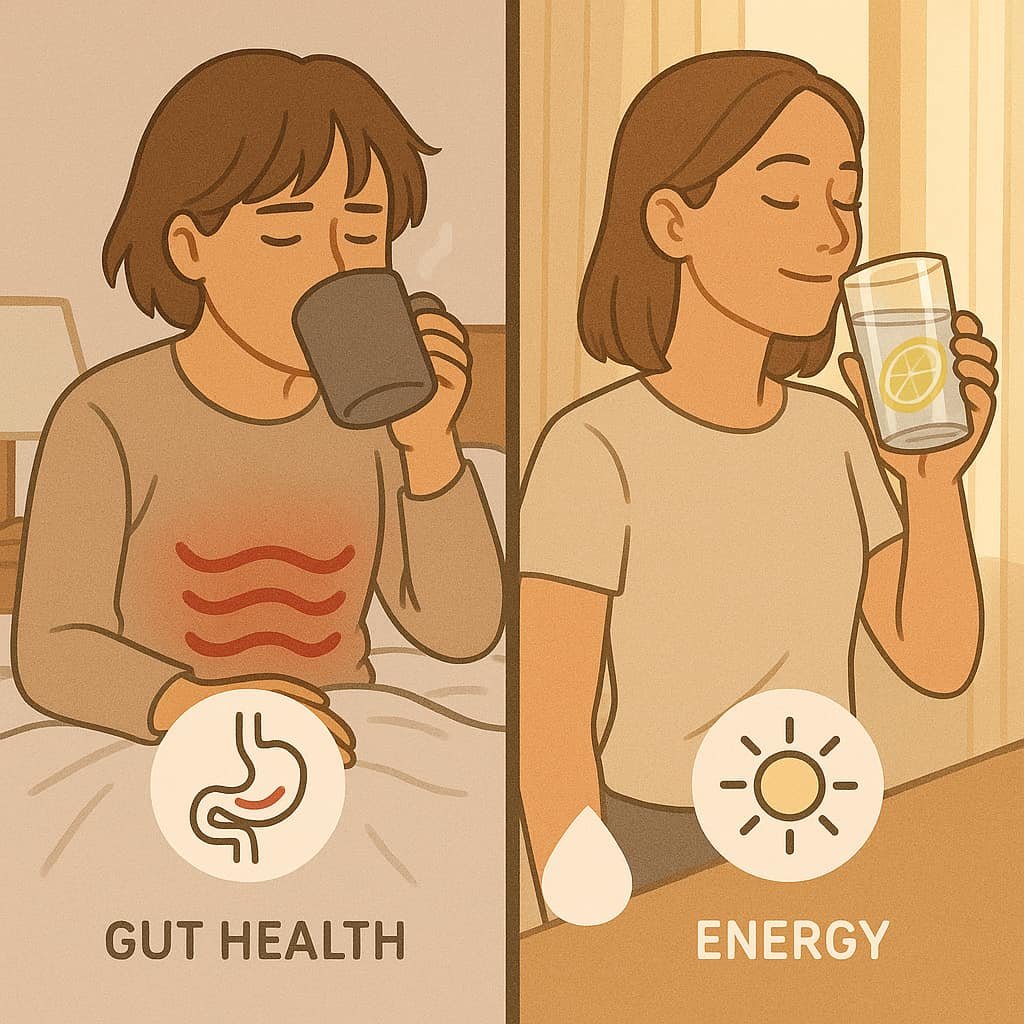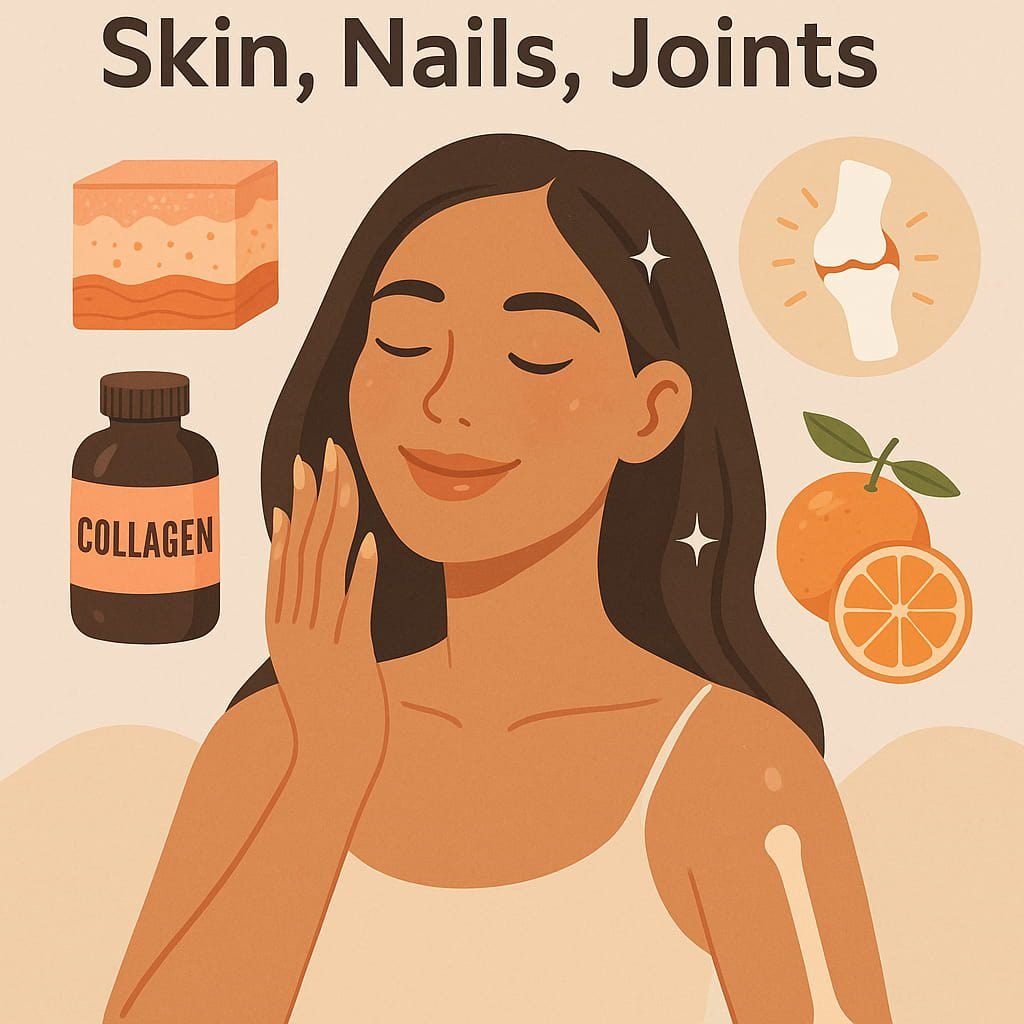Inflammation is at the root of many chronic health issues—from diabetes and gut disorders to autoimmune problems. One powerful (and natural) tool to fight this? Intermittent fasting.
More than just a trend, intermittent fasting can help your body clean house, reduce inflammation, and reset your metabolism—but only if done correctly.
What Happens in Your Body During a Fast?
When you fast, you do more than skip meals. Your body kicks off a biological process known as autophagy—your natural cellular detox system. During this time, your body:
- Removes damaged cells
- Repairs internal damage
- Lowers inflammation at the cellular level
This clean-up crew helps prevent disease, improve gut health, and even boost longevity.
How Intermittent Fasting Fights Inflammation
Here’s why intermittent fasting works so well for inflammation control:
- Autophagy: Clears out dysfunctional cells and resets the immune response.
- Fat for Fuel: During fasting, the body produces ketones, which reduce inflammatory markers.
- Reduced Oxidative Stress: Fewer meals = fewer oxidative reactions.
- Improved Gut Health: Digestive rest allows for gut repair and microbiome balance.
- Weight Loss & Insulin Sensitivity: Less fat and better blood sugar control help tame inflammation.
But Fasting Alone Isn’t Enough
Let’s bust a myth—intermittent fasting is not a magic bullet.
If you fast all day and then binge on fried foods, sugars, and refined carbs during your eating window, you’re sabotaging your results.
For real benefits, your eating window should focus on:
- Anti-inflammatory foods – Leafy greens, berries, olive oil, nuts
- Healthy proteins – Fish, lentils, eggs
- Healthy fats – Avocado, flaxseed, ghee
- Whole foods – Less processed, more natural
Pro Tips to Maximize Results:
- Start slow: Try 12:12 or 14:10 fasting first before progressing to 16:8 or longer.
- Stay hydrated: Water, herbal teas, black coffee (in moderation) are okay during fasting.
- Focus on quality food during your eating window.
- Pair fasting with light exercise and good sleep.
Conclusion
Intermittent fasting isn’t a diet—it’s a healing rhythm for your body.
By reducing inflammation, boosting gut health, and improving metabolism, fasting gives your body the break it needs to thrive. But like any powerful tool, it only works when used properly.
So skip the junk, focus on whole, nutrient-dense meals, and give your body the rest—and respect—it deserves. And remember: it’s not about eating less, it’s about eating better… in the right window.
Before starting any fasting routine, consult with your healthcare provider, especially if you have underlying health conditions.
In case of any related query related to nutrition or weight management book an appointment with Dt. Silky Mahajan .You can also send us a mail at info@foodsandnutrition.in or call on 7829999400. Follow us on facebook & instagram for latest updates.











